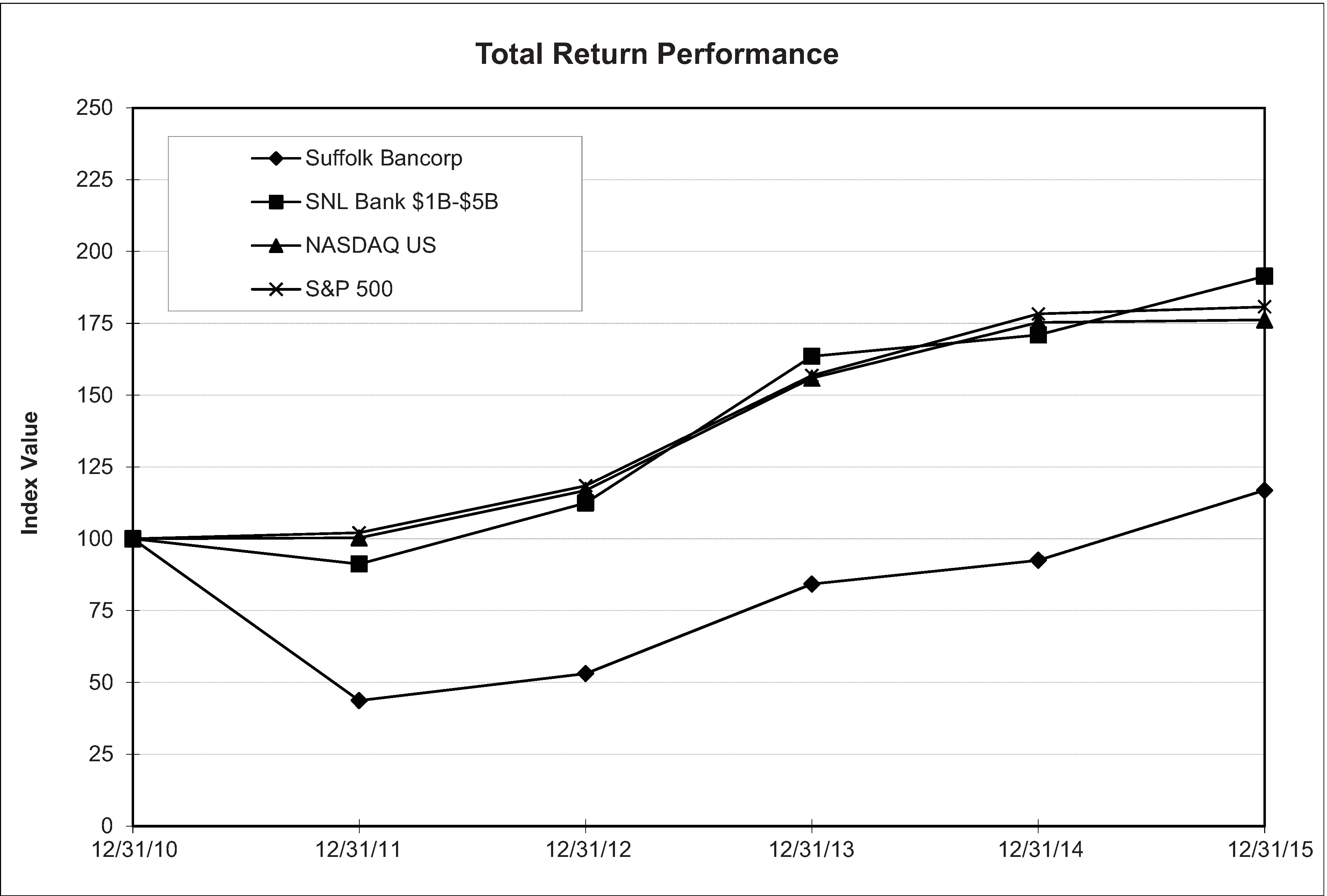Company’s business, financial condition and results of operations. In addition, competition in the banking industry is intense and the Company’s profitability depends upon its continued ability to successfully compete in its market.
The Company’s loan portfolio has a high concentration of commercial real estate loans (inclusive of multifamily and mixed use commercial loans) and its business may be adversely affected by credit risk associated with commercial real estate and a decline in property values.
At December 31, 2015, $1.2 billion, or 72% of the Company’s total gross loan portfolio, was comprised of commercial real estate (inclusive of multifamily and mixed use commercial loans). This type of lending is generally sensitive to regional and local economic conditions that significantly impact the ability of borrowers to meet their loan payment obligations, making loss levels difficult to predict. Although real estate prices have shown signs of improvement, a decline in real estate values may reduce the value of the real estate collateral securing these types of loans and increase the risk that the Company would incur losses if borrowers default on their loans.
The Company may not be able to maintain a strong core deposit base or other low-cost funding sources.
The Company expects to depend on checking, savings and money market deposit account balances and other forms of deposits as the primary source of funding for its lending activities. The Company’s future growth will largely depend on its ability to maintain a strong core deposit base. There may be competitive pressures to pay higher interest rates on deposits, which would increase the Company’s funding costs. If deposit clients move money out of bank deposits and into other investments (or into similar products at other institutions that may provide a higher rate of return), the Company could lose a relatively low cost source of funds, increasing its funding costs and reducing net interest income and net income. Additionally, any such loss of funds could result in reduced loan originations, which could adversely impact the Company’s results of operations and financial condition.
The Company is subject to significant operational risks that could result in charges, increased operational costs, harm to the Company’s reputation or foregone business opportunities.
Operational risk is the risk of loss from operations, including fraud by employees or outside persons, employees’ execution of incorrect or unauthorized transactions and breaches of internal control systems. Operational risk also encompasses technology, compliance and legal risk, which is the risk of loss from violations of, or noncompliance with, laws, rules, regulations, prescribed practices or ethical standards, as well as the risk of our noncompliance with contractual and other obligations. The Company is also exposed to operational risk through its outsourcing arrangements and the effect that changes in circumstances or capabilities of its outsourcing vendors can have on the Company’s ability to continue to perform operational functions necessary to its business. Control weaknesses or failures or other operational risks could result in charges, increased operational costs, harm to the Company’s reputation or foregone business opportunities.
A failure in or breach of the Company’s security systems or infrastructure, or those of our third-party service providers, could result in financial losses or in the disclosure or misuse of confidential or proprietary information, including client information.
As a financial institution, the Company may be the target of fraudulent activity that may result in financial losses to the Company and its clients, privacy breaches against its clients or damage to its reputation. Such fraudulent activity may take many forms, including check fraud, electronic fraud, wire fraud, phishing, unauthorized intrusion into or use of the Company’s systems and other dishonest acts. The Company provides its customers with the ability to bank remotely, including online over the Internet. The secure transmission of confidential information is a critical element of remote banking. The Company’s network could be vulnerable to unauthorized access, computer viruses, phishing schemes, spam attacks, human error, natural disasters, power loss and other security breaches. The Company may be required to spend significant capital and other resources to protect against the threat of cybersecurity breaches and computer viruses, or to alleviate problems caused by such breaches or viruses. Given the volume of Internet transactions, certain errors may be repeated or compounded before they can be discovered and rectified. To the extent that the Company’s activities or the activities of its customers involve the storage and transmission of confidential information, security breaches and viruses could expose the Company to claims, litigation and other possible liabilities. Any inability to prevent cybersecurity breaches or computer viruses could also cause existing customers to lose confidence in the Company’s systems and could adversely affect its reputation, results of operations and ability to attract and maintain customers and businesses. In addition, a security breach could also subject the
